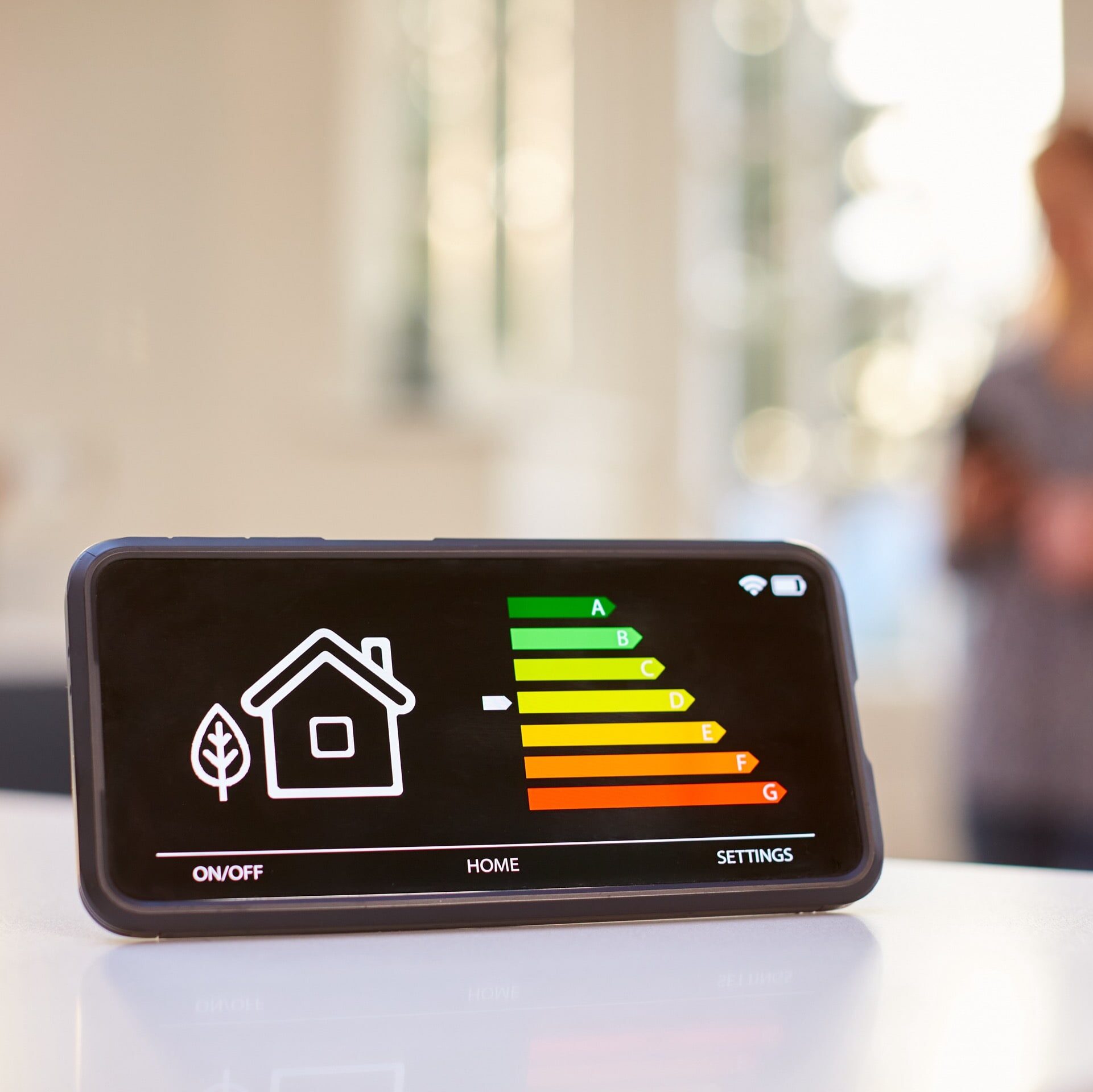
Funding Schemes
Warm Homes: Social Housing Fund
The Warm Homes: Social Housing Fund is a government-backed initiative that provides funding and support to housing associations and local authorities to improve the energy efficiency of social housing across the UK.
The scheme is designed to:
- Alleviate fuel poverty
- Lower energy bills for tenants
- Support the UK’s net zero and decarbonisation goals
This long-term investment enables the delivery of multi-measure retrofit programmes, including insulation, low-carbon heating, and renewable technologies, with a focus on improving housing quality and cutting emissions.
Since its launch, the fund has been rolled out in several phases:
- Wave 3: £1.25 billion confirmed for 2025–2028
- Demonstrator Phase: £61 million allocated
- Wave 1: £179 million awarded to 69 projects
- Wave 2.1: £800 million committed between 2022 and 2025
- Wave 2.2: £80 million for delivery in 2024/25
- Wave 3: £1.25 billion confirmed for 2025–2028

Objective
The Warm Homes: Social Housing Fund aims to improve the energy efficiency of social housing, reduce tenant energy bills, and cut carbon emissions. By funding energy-efficient upgrades and renewable technologies, the scheme helps create warmer, more sustainable homes.
Scope and Focus Areas
The fund targets social housing properties owned or managed by housing associations and local authorities. It supports projects across various focus areas, including insulation improvements, heating system upgrades, renewable energy installations, and other decarbonisation measures.
Financial Support
The Warm Homes: Social Housing Fund provides financial support through grants and subsidies to help cover the costs of energy efficiency improvements, renewable energy installations, and decarbonisation measures in social housing
Project Implementation
Housing associations and local authorities awarded funding are responsible for delivering projects in line with the fund’s objectives. This includes carrying out energy assessments, identifying improvement opportunities, installing energy-efficient technologies and reporting on outcomes.


Wave 3
The government’s Warm Homes: Social Housing Fund (formerly SHDF) has now entered Wave 3, continuing to focus on improving the energy performance of social homes through whole-house retrofit solutions.
At Zero Carbon Group, we are already supporting clients in Wave 3 planning and delivery – providing the experience, resources and accreditations needed to meet funding criteria and ensure compliant, resident-friendly outcomes.
